Coconut Milk Kefir
A major part of my practice involves nutrition counseling on how to create a healthy digestive tract, which in turn typically results in increased vitality. I have always encouraged my patients to increase probiotics in their daily lives.
Probiotics are important to our health for many reasons. Probiotics help to maintain a healthy balance of good bacteria that prevent disease causing bacteria and yeast from becoming too prolific in our gut. They also increase our ability to absorb nutrients such as B vitamins and calcium from our food. I typically will start with a quality probiotic in supplement form if there is a history of multiple antibiotic use, digestive complaints, food sensitivities, and a history of yeast or fungal infections. While they are increasing their probiotics in supplement form, I then counsel them on getting their probiotics from food sources, namely fermented foods. I love to incorporate nutrition from whole food as a practical way to reduce medication and supplement dependency.
Fermented foods are not widely consumed in our culture, no pun intended. Major sources of fermented foods include kefir, sauerkraut, kombucha and kimchi. I have found that using a food source like kefir in my smoothies, salad dressings or dolloped on soup like my Robust Tomato and French Lentil soups, makes eating probiotic rich food practical.
I love kefir as it has significantly more strains of bacteria and yeast that can colonize the gut. Though yogurt is a beneficial probiotic source, it has not been shown to colonize the gastrointestinal tract. So when I want patients to have a power punch of probiotics, I use kefir. I purchased my kefir starter from Body Ecology online. You can also purchase kefir starter or kefir granules at most local health food stores or co-ops. Begin with a couple of tablespoon of kefir to see how you tolerate this probiotic rich food.
Kefir traditionally is fermented cow or goat milk. For individuals who do not tolerate dairy, an alternative can be useful. I have found that some patients who are dairy intolerant can tolerate kefir. This is usually because the lactose is greatly reduced through the fermentation process. If you are a person that tolerates traditional kefir, I recommend that you continue to enjoy dairy kefir. If you find that you react to dairy kefir, here is a simple and fast way to enjoy the health benefits of coconut kefir.
1 packet kefir starter
2 cans coconut milk
- In a medium saucepan, heat the coconut milk to 92 degrees Fahrenheit. Be careful not to overheat as this will kill the starter and prevent the coconut milk from fermenting.
- Pour the warm coconut milk in a quart sized canning jar and add kefir packet. Whisk until evenly blended and then place a lid on the jar. Keep the kefir at 72-78 degrees Fahrenheit for 18-24 hours. If you are in a warm environment this will be simple. If you are in a cooler environment, I recommend doing this early in the morning when your heat is on and you can also put a warmed bean or rice bag around the kefir while intermittently warming the bag when it cools. Gauge the temp based on the room temp from your thermostat and being careful not to overheat the bean or rice bag. You will know the kefir is done when you smell the coconut milk and it smells like yogurt and when you taste the kefir and it is tart and tangy.
- Once the kefir is complete, refrigerate it and enjoy over the next couple of weeks. The kefir will continue to ferment but at a much slower rate in the refrigerator. You will know when it is bad when it tastes sour and not tart and tangy fresh. If you want to make kefir from your kefir, I have found that one cup of coconut milk kefir is needed. Just repeat the process with two cans of coconut milk and then add the one cup of coconut kefir to the warmed coconut milk to continue the process. You will know when you need a fresh packet of kefir starter when your coconut milk no longer ferments well.
Enjoy!

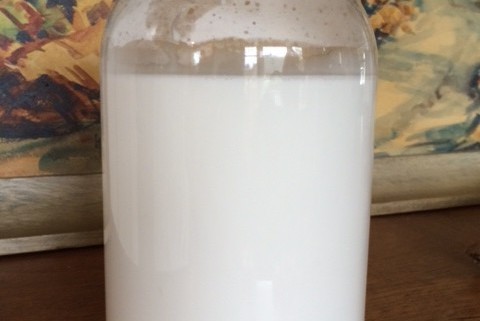
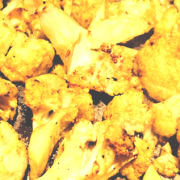

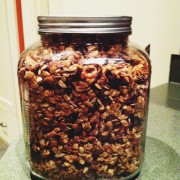
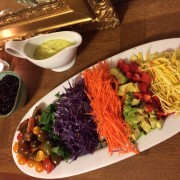
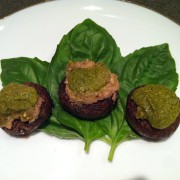

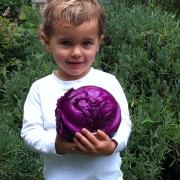



It says two cans of coconut milk. If I am using almond milk how much should I use?
Stacey,
I would use the same fluid amount as 2 cans of coconut milk, which is approximately 32 ounces or a quart sized canning jar.
Thanks
Is it alright to use cans of organic lite coconut milk? I have paleo diet information saying only full fat coconut milk should be consumed, but I’m not sure why. I would like to lose weight, but need my probiotics and prefer coconut kefir over kimchi, etc.